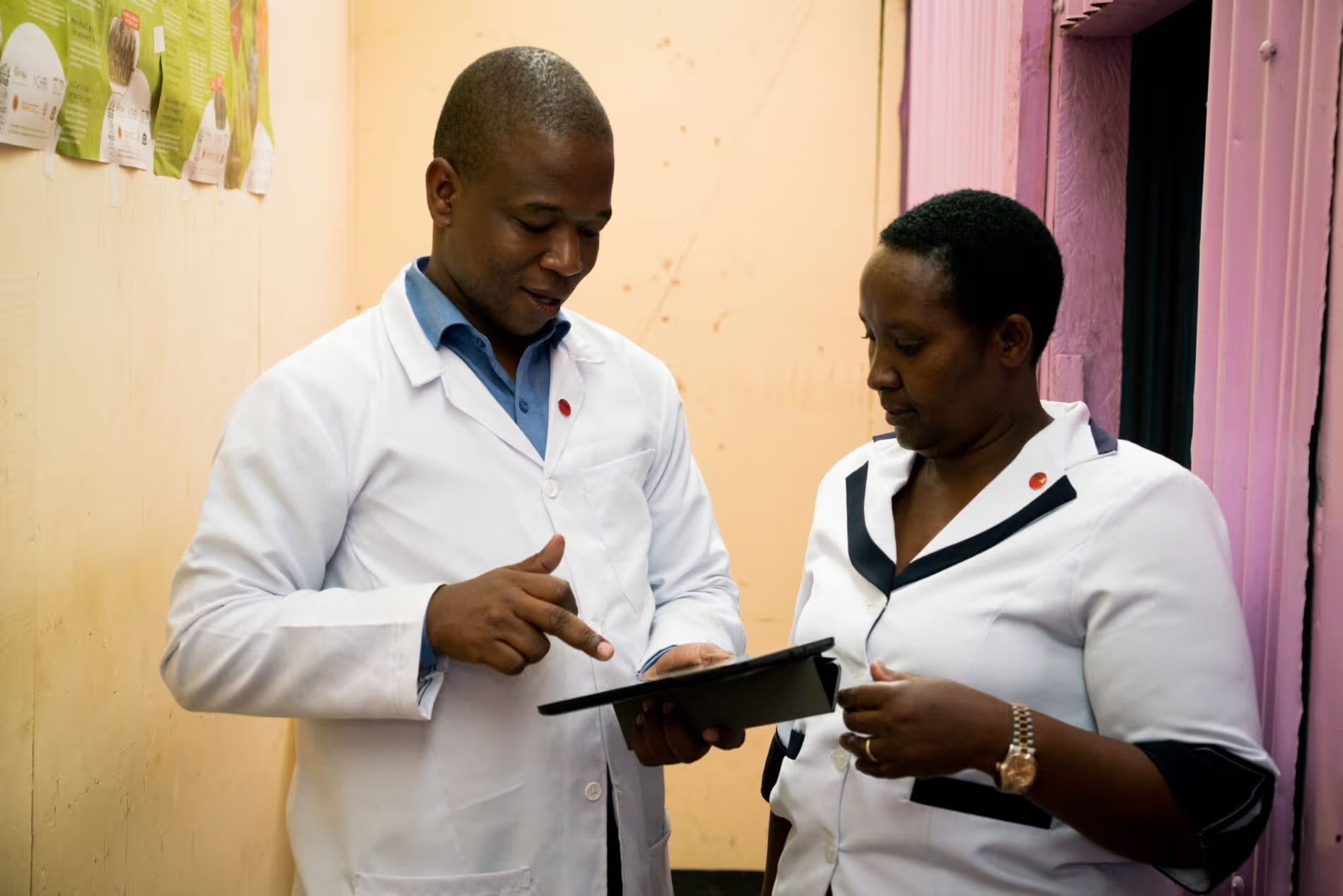Evaluating the effectiveness of a mobile application to improve the quality‚ collection‚ and usability of forensic documentation of sexual violence

Background
Survivors of sexual violence deserve timely and high-quality forensic examination, evidence collection, and documentation as part of comprehensive care. However, in many countries, the quality of medical-legal documentation is severely limited. MediCapt is an innovative dig-ital application that enables clinicians to document forensic medical evidence as well as cap-ture and securely store forensic photographs of injuries. This study evaluated the effectiveness and usability of MediCapt to document forensic medical evidence of sexual violence.
Methods
This mixed-methods evaluation involved key-informant interviews, usability questionnaires, and forensic record reviews. Participants included clinicians, medical records personnel, information technology personnel, and health facility administrators, as well as law enforce-ment and legal professionals in Kenya.
Results
The Physicians for Human Rights (PHR) data quality checklist found that using MediCapt led to significantly higher data-quality scores compared to paper-based forms. MediCapt forms scored higher on 23 of 26 checklist items. While a wide difference in quality was seen among paper-based forms, MediCapt appeared to both standardize and improve quality of documentation across sites. MediCapt strengths included data security and confidentiality, accuracy and efficiency, and supplemental documentation with photography. Weaknesses included infrastructure challenges, required technological proficiencies, and time to learn the new system. Although it is early to assess the impact of MediCapt on prosecutions, providers and law and justice sector professionals were optimistic about its usefulness. They identified MediCapt as appropriate for use with survivors of sexual violence and reported MediCapt’s legibility and photography features had already been commended by the court.
Conclusion
MediCapt was well-received across all sectors, its use was perceived as feasible and sus-tainable, and it significantly improved the quality of collected forensic data. It is anticipated this improvement in forensic documentation will increase successful prosecutions, strengthen accountability for perpetrators, and improve justice for survivors.